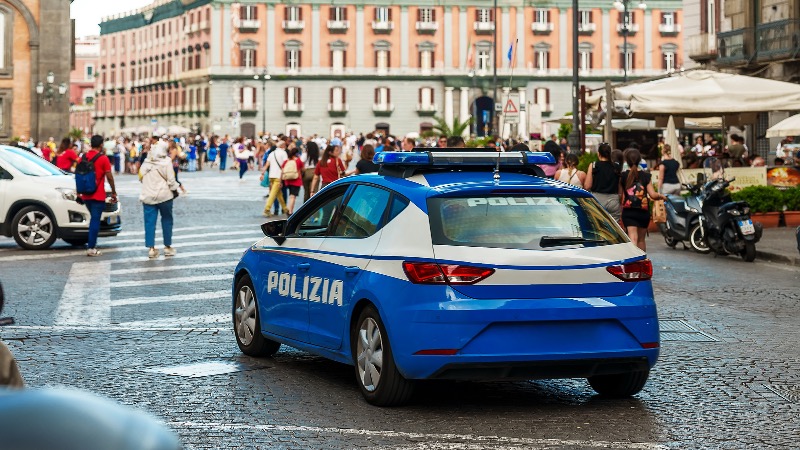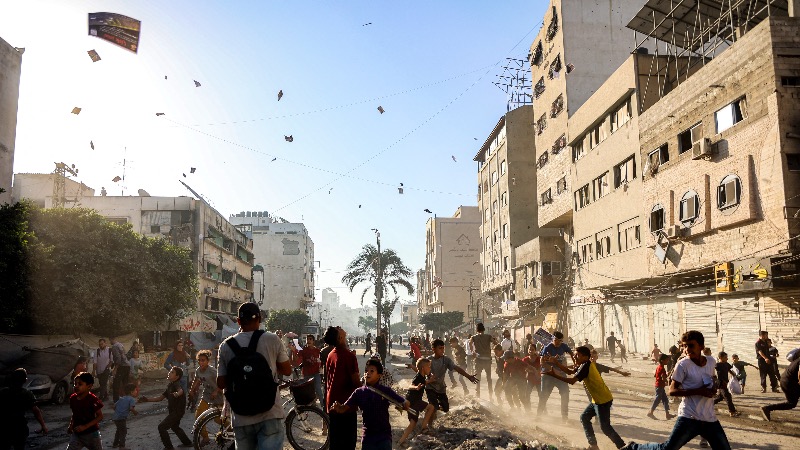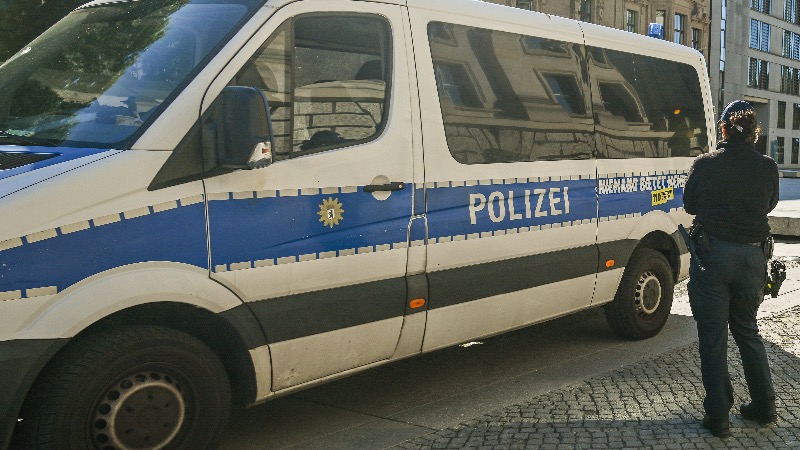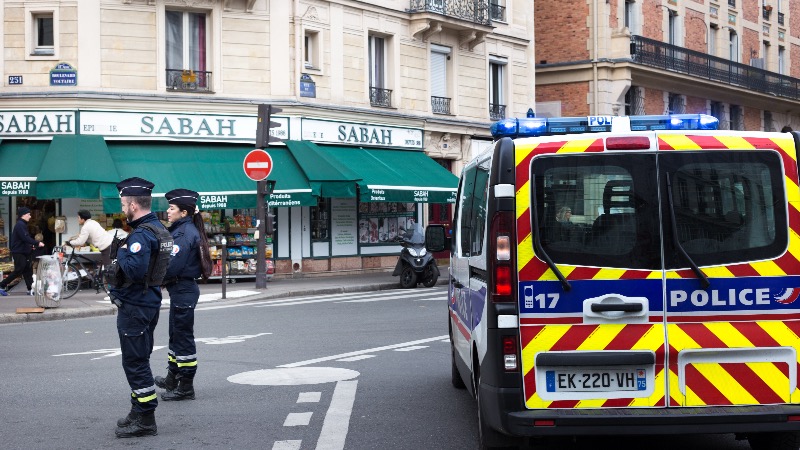 Image Credit: M-Production / Getty
Image Credit: M-Production / Getty Two Hungarian tourists endured a violent sexual assault in the Sicilian town of Paternò after accepting a ride from strangers, police said.
The two women, who had spent the day at the beach, were attacked by three men of Moroccan origin aged 21, 22, and 24, all of whom were in Italy illegally. The suspects have been arrested and remanded in custody.
According to investigators, cited by Il Giornale, the ordeal began when the two women accepted a lift from two of the men, who then drove them out of town in a van. The suspects began groping them and, in an isolated location, a third man joined them. Police said the women were forced to take cocaine and subjected to repeated sexual acts despite resisting.
The victims managed to raise the alarm after one persuaded her attacker to allow her to call her mother, insisting that if she did not hear from her, her mother would contact the police. Instead, she phoned her sister, explained they were in danger, and provided the van’s license plate number.
Her sister used the Find My Friends app to track their location and alerted the police. Officers intercepted the van in Paternò and found the two women crying on a bench nearby. The three illegal migrants were arrested.
The women were taken to hospital for medical checks and later gave statements to police. The Catania prosecutor ordered the three men held in Piazza Lanza prison pending judicial review, and a judge has since confirmed their arrest.
Regional MP Vincenzo Figuccia of the Lega party said of the attack: “Two young Hungarian girls, deceived, drugged, and abused by three men of Moroccan origin. My deepest sympathy and solidarity goes out to the two victims.” Cited by Giornale di Sicilia, he demanded “severe penalties” for the perpetrators, renewing calls for introducing chemical castration for rapists, along with greater local patrols and a regional commission against violence toward women.
Figuccia also linked the case to wider concerns over mass immigration. “As Sicilians, we say enough is enough with a land reduced to a European hotspot, incapable of guaranteeing protection to those who live here or come for vacation or work. Security is not a slogan: it’s a right,” he said.



